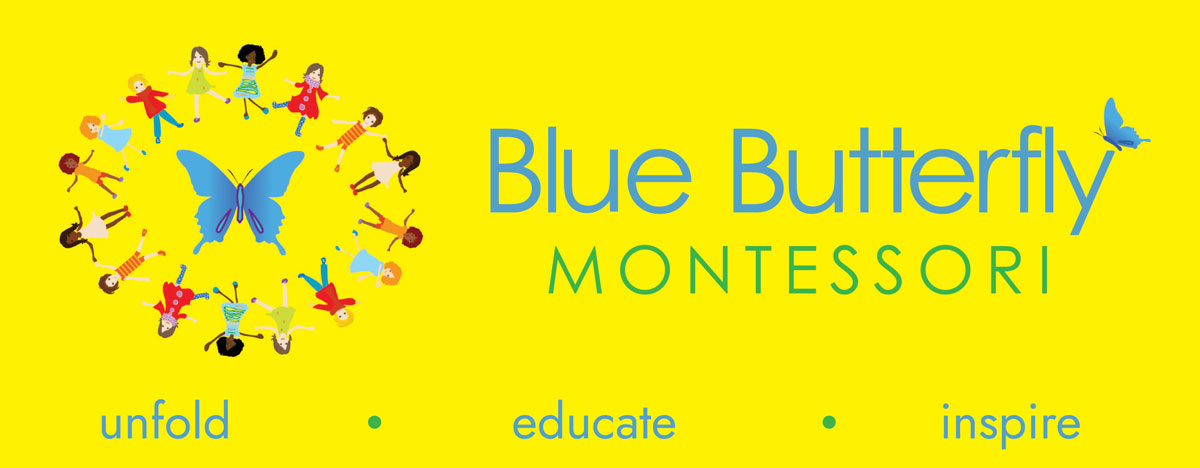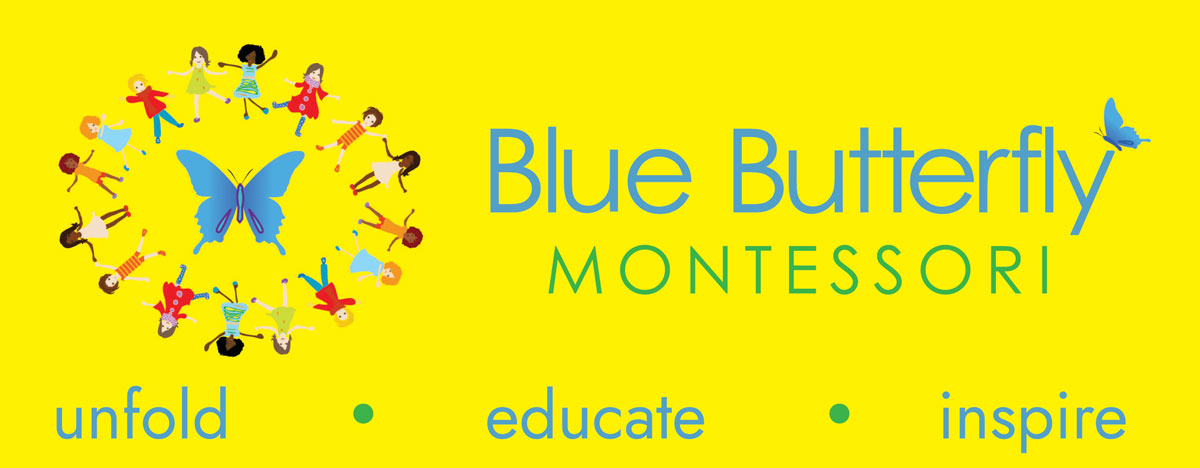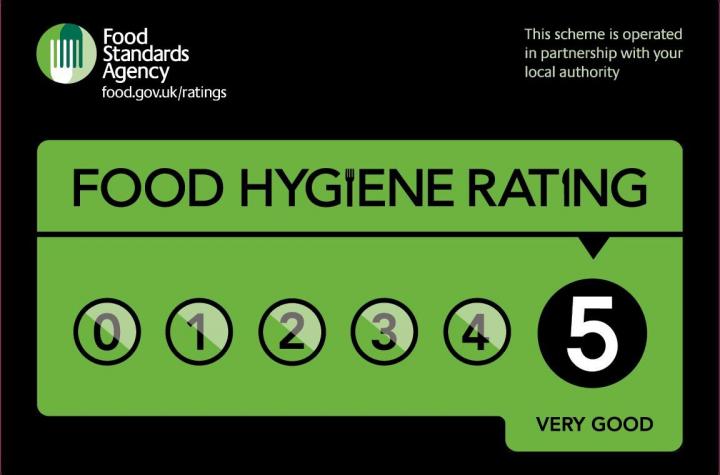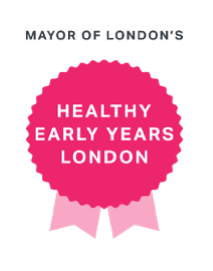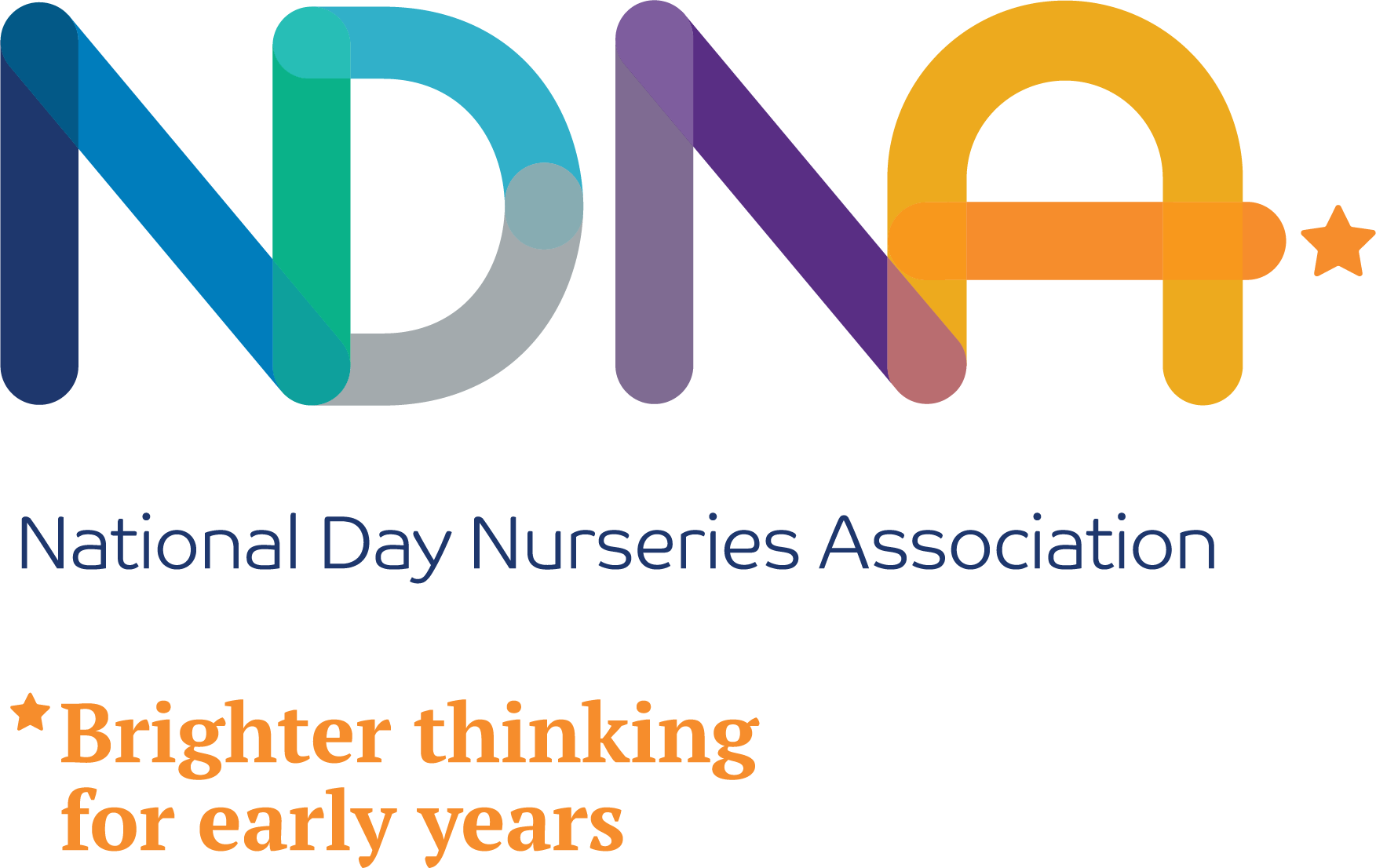WELCOME TO YELLOW BUTTERFLIES
Our specialised baby room catering to children aged three months to eighteen months. We understand that your child is your greatest treasure, and we’ve meticulously crafted our environment with infants in mind. Our focus is to replicate the comforting, familial atmosphere that babies thrive in, ensuring they feel safe and secure.
At Yellow Butterflies, we believe in the significance of early attachments in a child’s learning journey. That’s why our dedicated team in the baby room is committed to fostering these crucial bonds. We work closely with parents and caregivers to establish a ‘home from home’ ambiance, where each child is assigned a key worker. This key worker forms a strong, positive relationship with the child, laying the groundwork for their future learning and development
Inspired by Maria Montessori’s ‘Nido’ concept, which translates to ‘nest’ in Italian, our environment provides a nurturing space for infants.
From three months to around eighteen months, we support the dual needs of bonding and fostering independence. Our Montessori-inspired setting emphasises order, simplicity, and beauty, aligning perfectly with the developmental needs of each child.
Join us at Yellow Butterflies, where we cherish the uniqueness of every child and strive to create a warm, nurturing haven for their early years.
“The greatness of the human personality begins at the hour of birth. From this almost mystic affirmation, there comes what may seem a strange conclusion: that education must start at birth”
Dr Maria Montessori
The practitioners in Yellow Butterflies facilitate learning and development by role modelling and supporting children to become more confident and self-aware. All members of the Yellow Butterflies team have all be selected for their dedication and are highly experienced and trained to work with this specific age group. We strive to make the transition between home and nursery as smooth as possible and incorporate children’s individual interests and preferences when the child arrives to the setting.
Our daily routine involves singing and group time where we get to know one another via songs, games and interacting with others. These early interactions teach children valuable social skills and encourage independence therefore providing children with first-hand experiences and teaches them valuable life-skills. We engage in lots of messy play using our senses and exploring textures to learn about the world and our surroundings, this is how we find out new and exciting experiences. Heuristic discovery play is encouraged using treasure baskets, mobiles, tactile activities and music to ensure babies explore real objects to develop their senses and satisfy their natural curiosity. We approach learning by playing and exploring and provide a mixture of structured and free play opportunities. We improve our problem-solving skills by exploring puzzles, construction materials, cause and effect and trial and error experiences. We develop our physical skills both in- and outdoors by continuously moving around and challenging children to improve their abilities. We aim to teach children to use words to communicate but also support communication and language by using pointing, gestures, signs or simply vocalisations to gain the attention of others.
Through the variety of approaches, we implement helps us focus on children’s well-being and happiness.
Parent Testimonials
Contact Us
-
5 Barrow Point Avenue,
Pinner, Middlesex,
HA5 3HQ - 020 8429 9446
- pinner@bluebutterflymontessori.com
Session Times
| Open Monday to Friday 8am to 6pm | |
| Full Day: | 8.00am to 6.00pm |
| Morning (under 2.5’s): | 8.00am to 1.00pm |
| Afternoon (under 2.5’s only): | 1.00pm to 6.00pm |
| School Day (2.5-5 years only): | 8.00am to 3.30pm |
